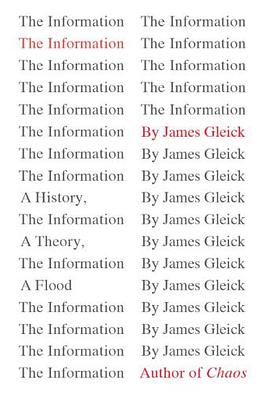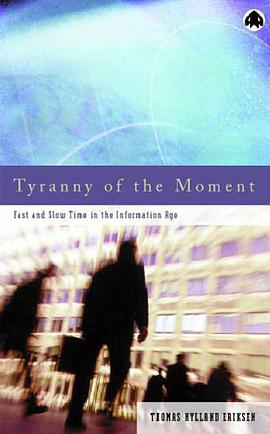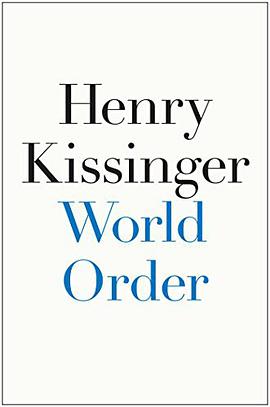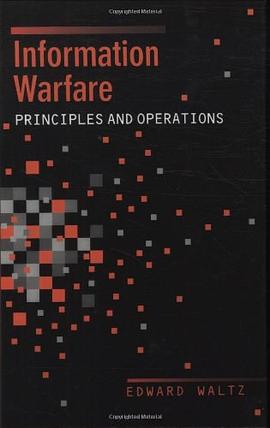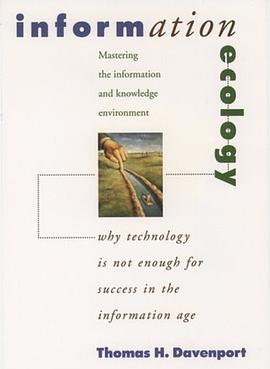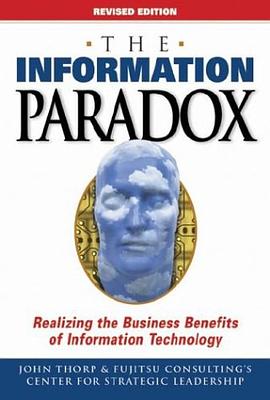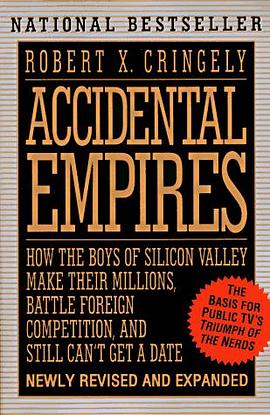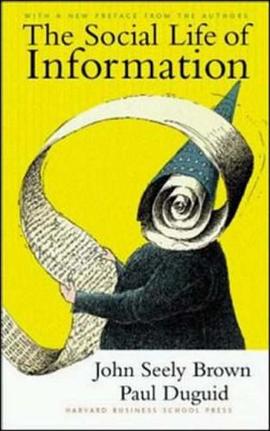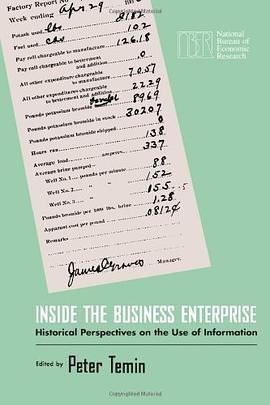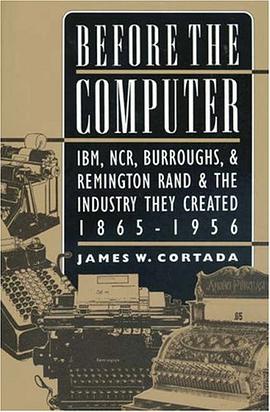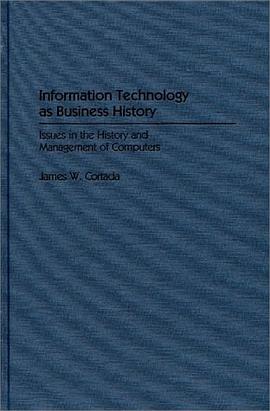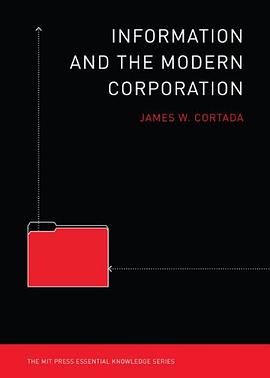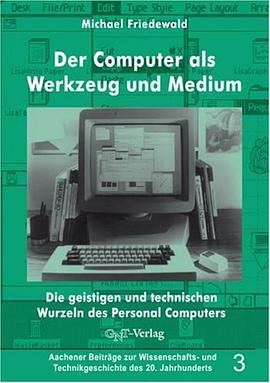The Information 豆瓣 Goodreads
作者:
James Gleick
Knopf Doubleday Publishing Group
2011
- 3
James Gleick, the author of the bestsellers Chaos and Genius , brings us his crowning work: a revelatory chronicle that shows how information has become the modern era’s defining quality—the blood, the fuel, the vital principle of our world.
The story of information begins in a time profoundly unlike our own, when every thought and utterance vanished as soon as it was born. From the invention of scripts and alphabets to the long misunderstood “talking drums” of Africa, James Gleick tells the story of information technologies that changed the very nature of human consciousness. He provides portraits of the key figures contributing to the inexorable development of our modern understanding of information: Charles Babbage, the idiosyncratic inventor of the first great mechanical computer; Ada Byron, the poet’s brilliant and doomed daughter, who became the first true programmer; pivotal figures like Samuel Morse and Alan Turing; and Claude Shannon, the creator of information theory itself.
And then the information age comes upon us. Citizens of this world become experts willy-nilly: aficionados of bits and bytes. And they sometimes feel they are drowning, swept by a deluge of signs and signals, news and images, blogs and tweets. The Information is the story of how we got here and where we are heading. It will transform readers’ view of its subject.
The story of information begins in a time profoundly unlike our own, when every thought and utterance vanished as soon as it was born. From the invention of scripts and alphabets to the long misunderstood “talking drums” of Africa, James Gleick tells the story of information technologies that changed the very nature of human consciousness. He provides portraits of the key figures contributing to the inexorable development of our modern understanding of information: Charles Babbage, the idiosyncratic inventor of the first great mechanical computer; Ada Byron, the poet’s brilliant and doomed daughter, who became the first true programmer; pivotal figures like Samuel Morse and Alan Turing; and Claude Shannon, the creator of information theory itself.
And then the information age comes upon us. Citizens of this world become experts willy-nilly: aficionados of bits and bytes. And they sometimes feel they are drowning, swept by a deluge of signs and signals, news and images, blogs and tweets. The Information is the story of how we got here and where we are heading. It will transform readers’ view of its subject.
